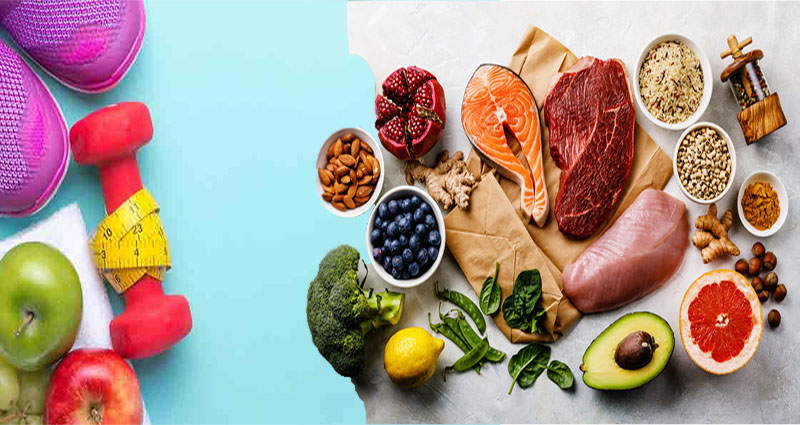The Importance of Sports Nutrition
In today’s world, nutrition is a critical factor for athletes. Whether you’re an athlete training to be the best or an athlete simply trying to live healthier, you have to know how to eat properly and get the nutrients you need to thrive. Here are some tips to make sure you’re eating the right foods.
Protein
Protein is an important nutrient to consider in sports nutrition. It has many functions, such as supporting recovery after physical activity and assisting with muscle growth. However, not all studies have proven that it is the best way to improve sports performance.
The jury is still out on exactly how much protein is required for optimal performance. For most, the RDA, or recommended daily allowance, is just over 20 grams. Athletes, on the other hand, have a higher dietary need for protein. This is because they use more energy during physical activity than the … Read more









